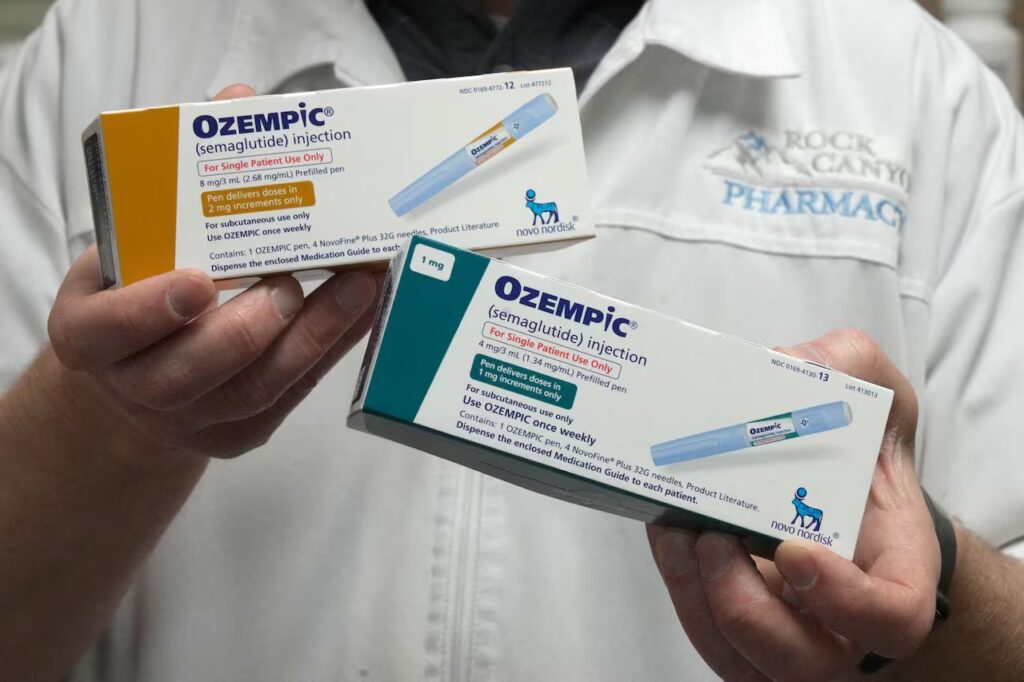01/08/2024
993 times read
01/08/2024
993 times read

NEW YORK, Aug 1: Psychologist Tom Hildebrandt has reported a rise in eating disorders among patients using popular weight loss drugs such as Wegovy and Zepbound. Hildebrandt, who leads Mount Sinai’s Center of Excellence in Eating and Weight Disorders, noted that some patients are developing symptoms resembling anorexia nervosa after starting these medications.
The drugs, part of the GLP-1 class including Ozempic and Mounjaro, are known for their significant weight loss effects and are used to treat diabetes. However, doctors are concerned these medications might trigger or worsen eating disorders in some individuals. The drugs work by mimicking a hormone that regulates blood sugar and suppresses hunger.
Hildebrandt explained that the rapid weight loss induced by these drugs might be perceived by the brain as starvation, leading some users to further restrict their food intake. Dr. Aaron Keshen from Nova Scotia also observed that restrictive eating behaviors can spiral out of control, even in patients taking the drugs as prescribed.
Melissa Spann, a psychotherapist, emphasized the alarming trend of increased misuse of GLP-1 drugs compared to other weight loss medications. Recent studies have shown a higher risk of abuse with semaglutide, an active ingredient in Wegovy and Ozempic.
Cynthia Landrau, a 28-year-old from Queens, New York, experienced a dramatic shift from binge eating to extreme dietary restriction after starting Mounjaro. She reported consuming only a third of the recommended calories and noted the struggle to balance health and weight loss goals.
The Collaborative of Eating Disorders Organizations is urging doctors to screen patients for eating disorders before prescribing these drugs. While Eli Lilly, the manufacturer of Mounjaro, and Novo Nordisk, maker of Wegovy, emphasize patient safety and ongoing monitoring, there are calls for updated drug labels to warn of potential eating disorder risks.
Experts like Dr. Susan McElroy and Dr. Raveendhara Bannuru highlight the need for more research on GLP-1 drugs' effects on eating disorders. The FDA has yet to update safety labels, but it continues to review new data.
The rise in eating disorders associated with these weight loss drugs underscores the need for careful patient assessment and monitoring to prevent potential risks.

